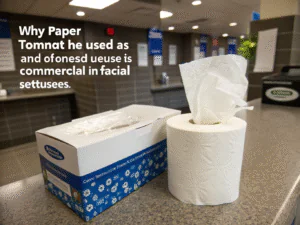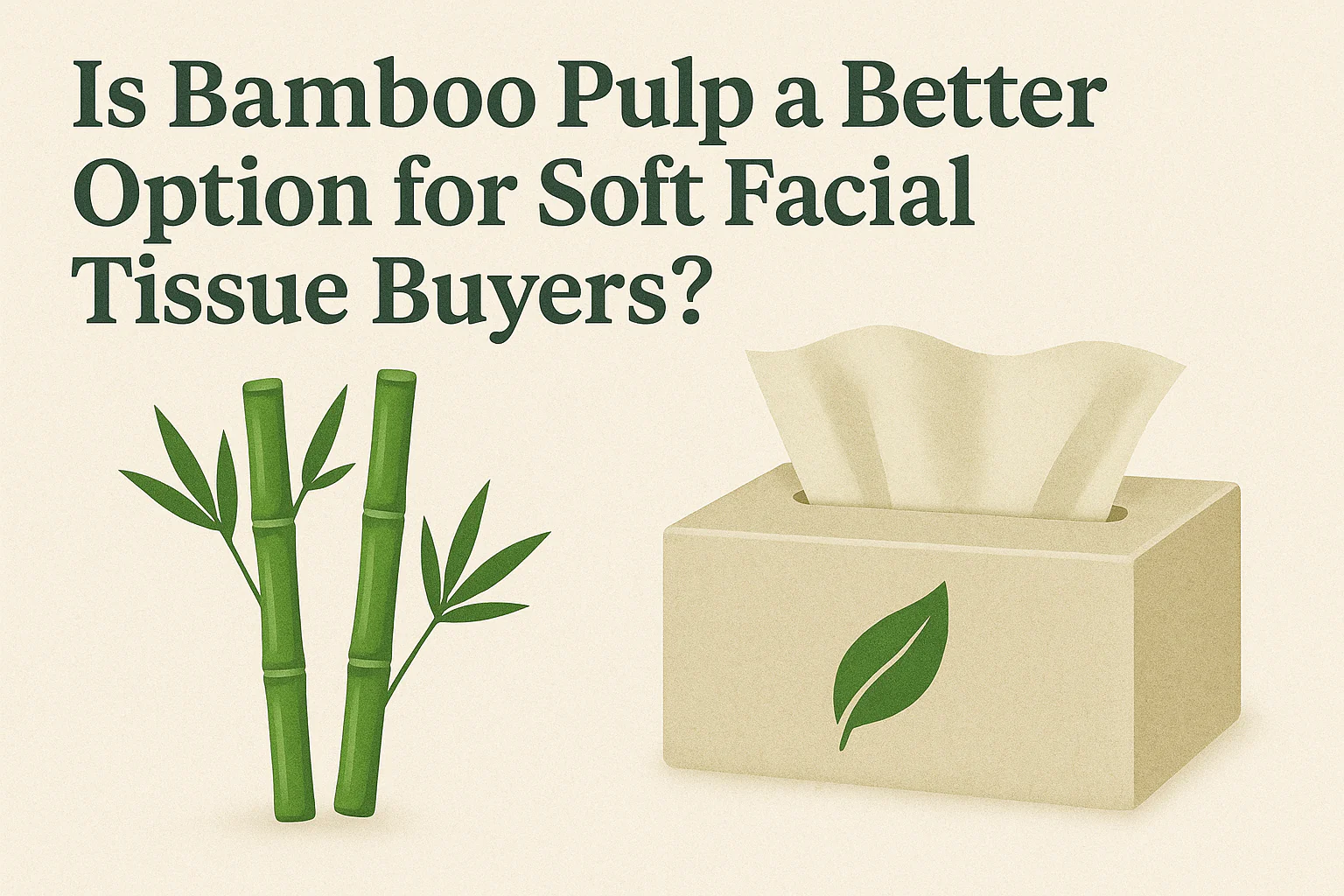Is Bamboo Pulp a Better Option for Soft Facial Tissue Buyers?
Wholesalers and retailers are under pressure to offer greener products. Customers are asking for eco-friendly choices even in daily essentials like tissues.
Bamboo pulp tissues are biodegradable, naturally antibacterial, and soft on the skin. They provide eco-friendly alternatives to wood pulp, balancing comfort with sustainability, making them attractive for eco-conscious buyers.
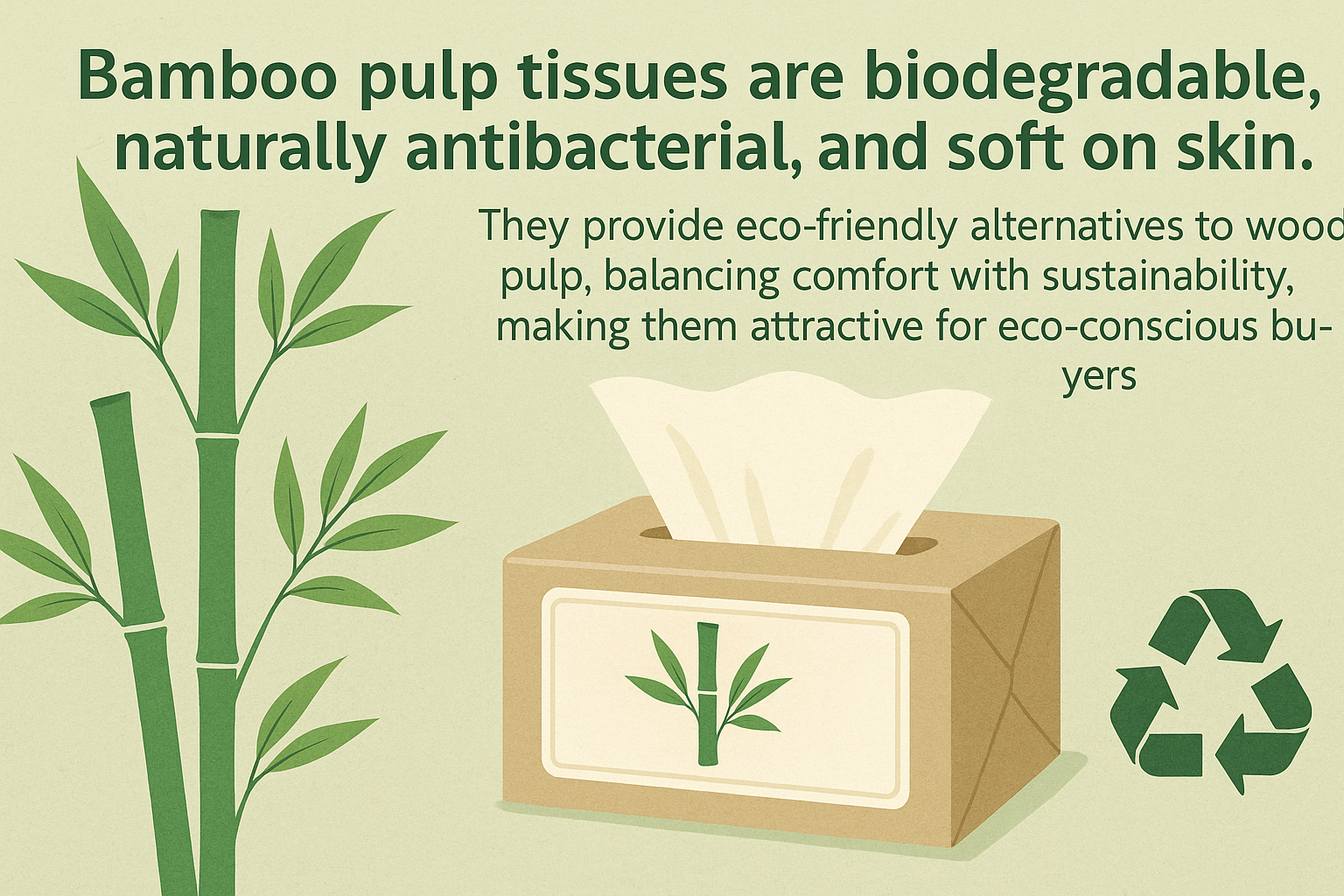
I have compared bamboo and wood pulp samples many times. Bamboo always stands out for sustainability and softness. Let’s explore why.
Why Is Bamboo Pulp Considered Eco-Friendly for Tissues?
Environmental impact is now a purchasing factor. Buyers want products that align with green goals.
Bamboo pulp is eco-friendly because it grows rapidly, requires no replanting, and needs fewer chemicals in processing compared to wood pulp.
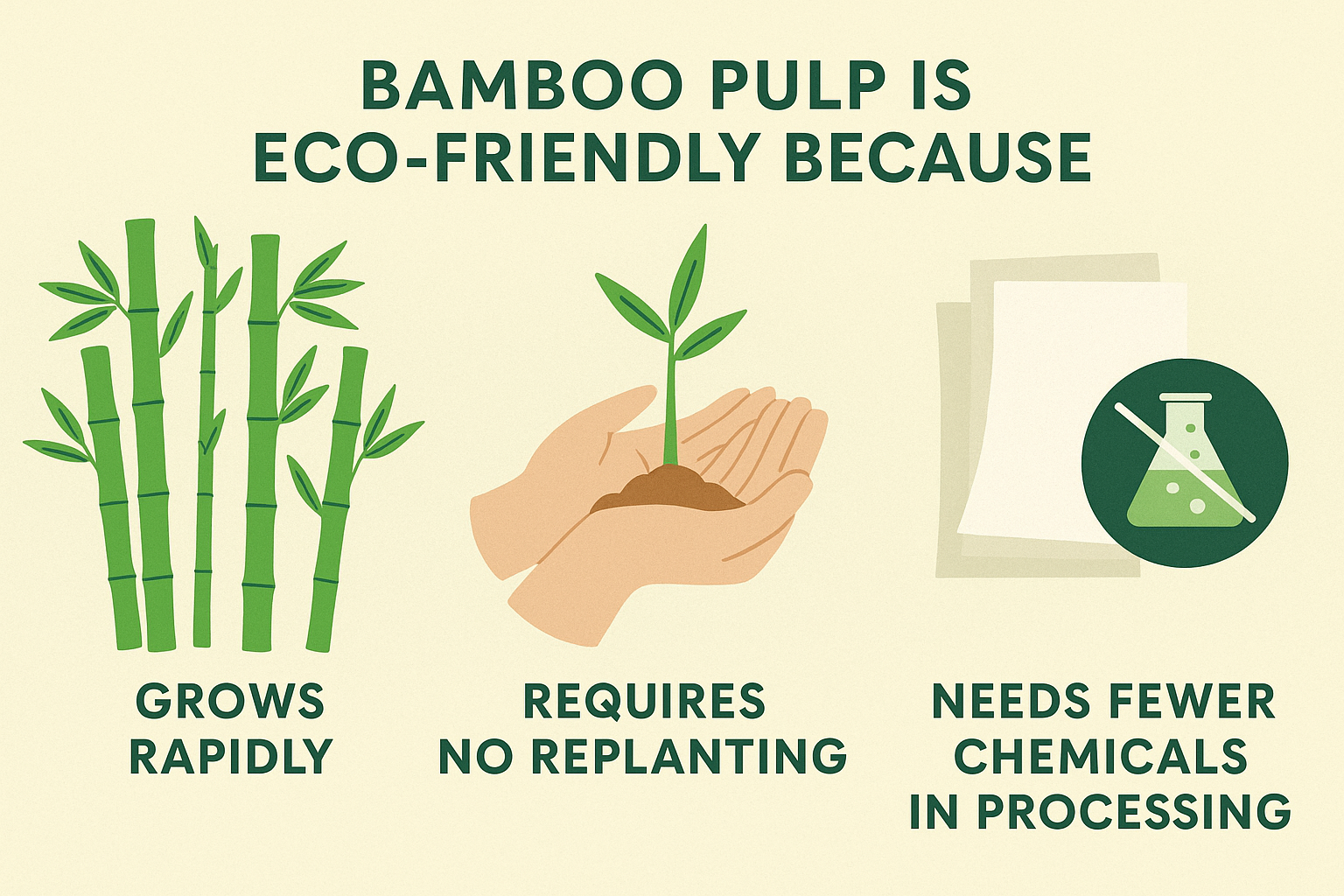
Let's explore more
Bamboo grows much faster than trees. Some species can grow more than a meter per day. This rapid growth means bamboo can be harvested more often without depleting resources. Wood pulp, by contrast, relies on slower tree cycles and contributes to deforestation.
Bamboo cultivation also uses less water and fewer pesticides. The plant has natural resistance to pests and diseases. This makes bamboo pulp production less harmful to the environment and reduces chemical residues in the final product.
During one supplier consultation, I learned that bamboo pulp mills often highlight “zero bleach” processes. This lowers the carbon footprint and creates a naturally beige tissue color that customers now see as eco-authentic.
Retailers who stock bamboo tissues can market them as a sustainable choice, appealing to customers who value environmental responsibility.
How Does Bamboo Pulp Compare With Wood Pulp in Softness and Strength?
Softness is the first thing shoppers notice. Retailers cannot sacrifice comfort for sustainability.
Bamboo pulp tissues have long, smooth fibers that create softness and strength comparable to premium virgin wood pulp tissues.
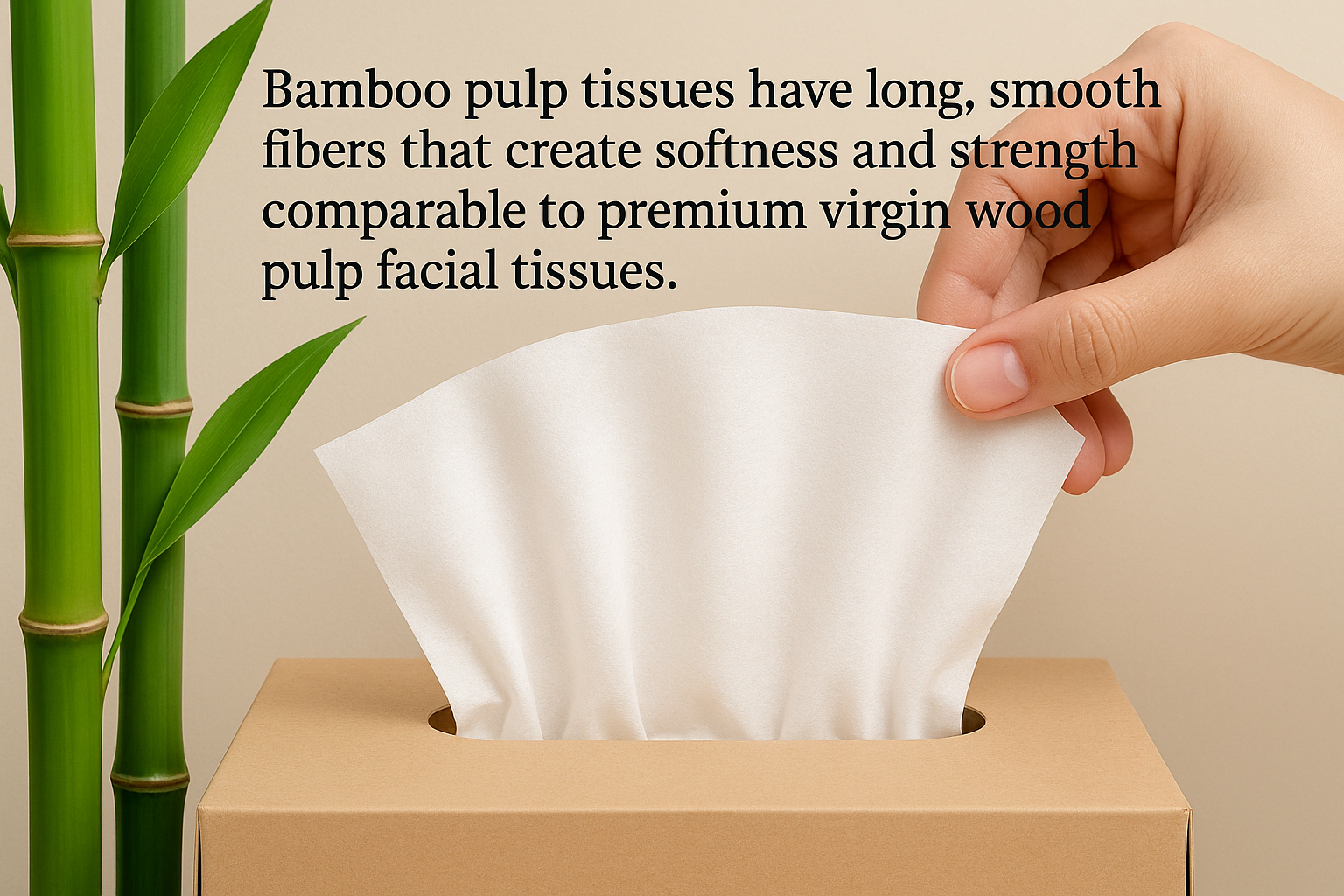
Let's explore more
Wood pulp has long been the standard for softness. Virgin pulp, in particular, creates smooth, durable tissues. But bamboo pulp matches this performance. Its long fibers produce strength, while its natural texture feels soft on skin.
In my own tests with hotel buyers in the UAE, guests ranked bamboo pulp tissues as equally soft or even softer than some virgin wood pulp tissues. They also noticed that bamboo sheets felt stronger when slightly damp, making them practical for daily use.
One supplier explained that bamboo fibers create wider gaps in pulp structure. This improves absorbency, which is critical in hot, dusty climates. For wholesalers in the Middle East, this feature adds clear value.
In short, bamboo pulp no longer feels like a compromise. It offers eco benefits without giving up the premium comfort customers demand.
Is Bamboo Tissue Safer for Sensitive Skin?
Skin health matters, especially for products used on the face. Customers want safe and gentle tissues.
Bamboo tissues are hypoallergenic, free from chlorine or fragrance, and naturally antibacterial, making them ideal for sensitive skin.
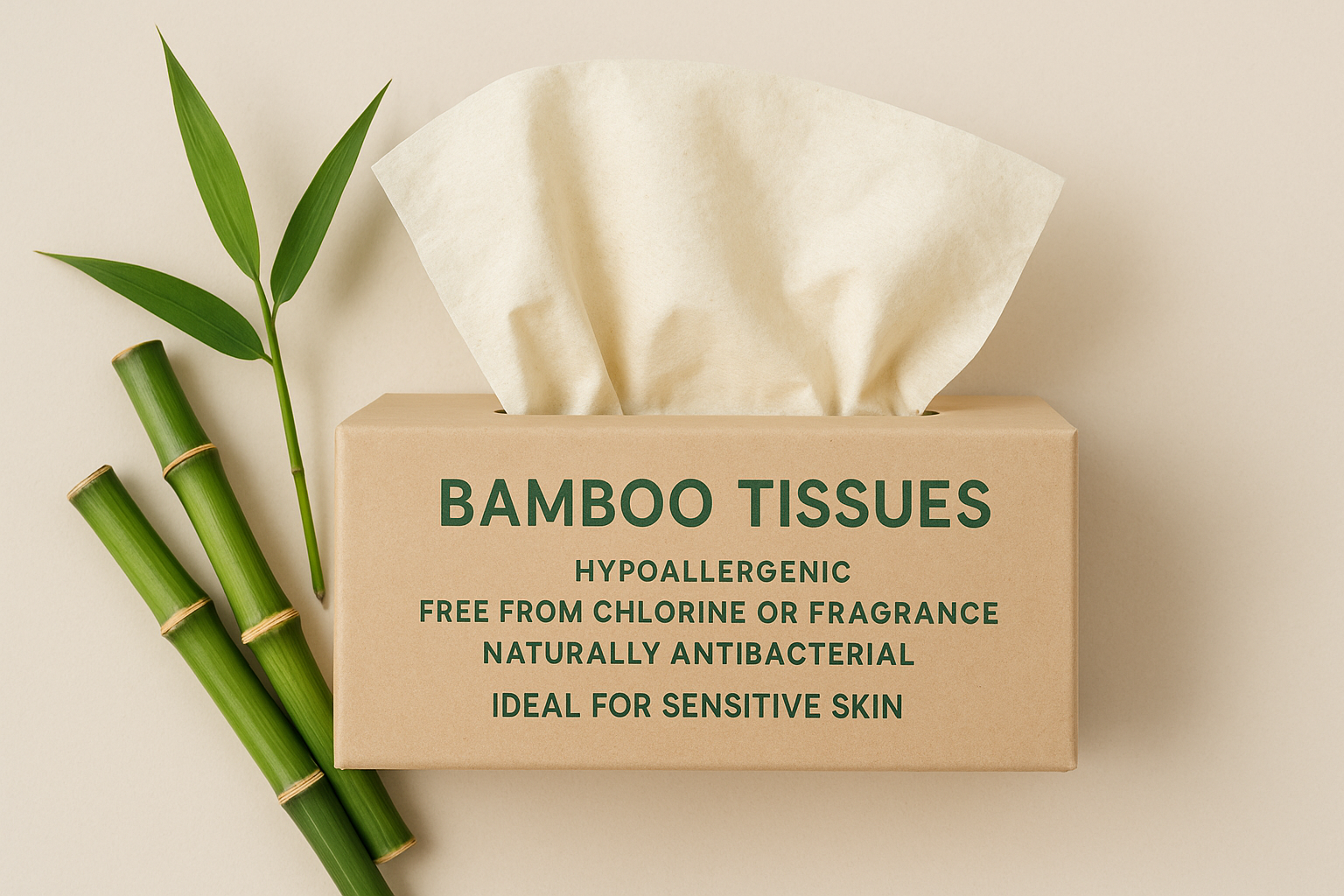
Let's explore more
Many wood pulp tissues go through bleaching and chemical treatments. This can leave residues that irritate sensitive users. Bamboo pulp is often processed with fewer chemicals and marketed as “chlorine-free” or “toxin-free.”
Bamboo also contains a natural agent called bamboo kun, which reduces bacterial growth. A 2024 hygiene study showed bamboo pulp reduced bacterial presence by up to 70% compared to standard tissues. This makes bamboo tissues safer for repeated use.
In my own trials, families with children preferred bamboo tissues because they felt gentler on skin during colds. Eco-conscious parents also appreciated the safety profile.
For retailers, promoting bamboo tissues as “skin safe” or “hypoallergenic” creates a strong selling point. It links product safety to both health and environmental care.
What Are the Cost Considerations for Bamboo Pulp Tissues?
Sustainability often raises questions about price. Procurement teams need to balance eco goals with margins.
Bamboo pulp tissues cost more than recycled pulp but are increasingly competitive with virgin wood pulp options.
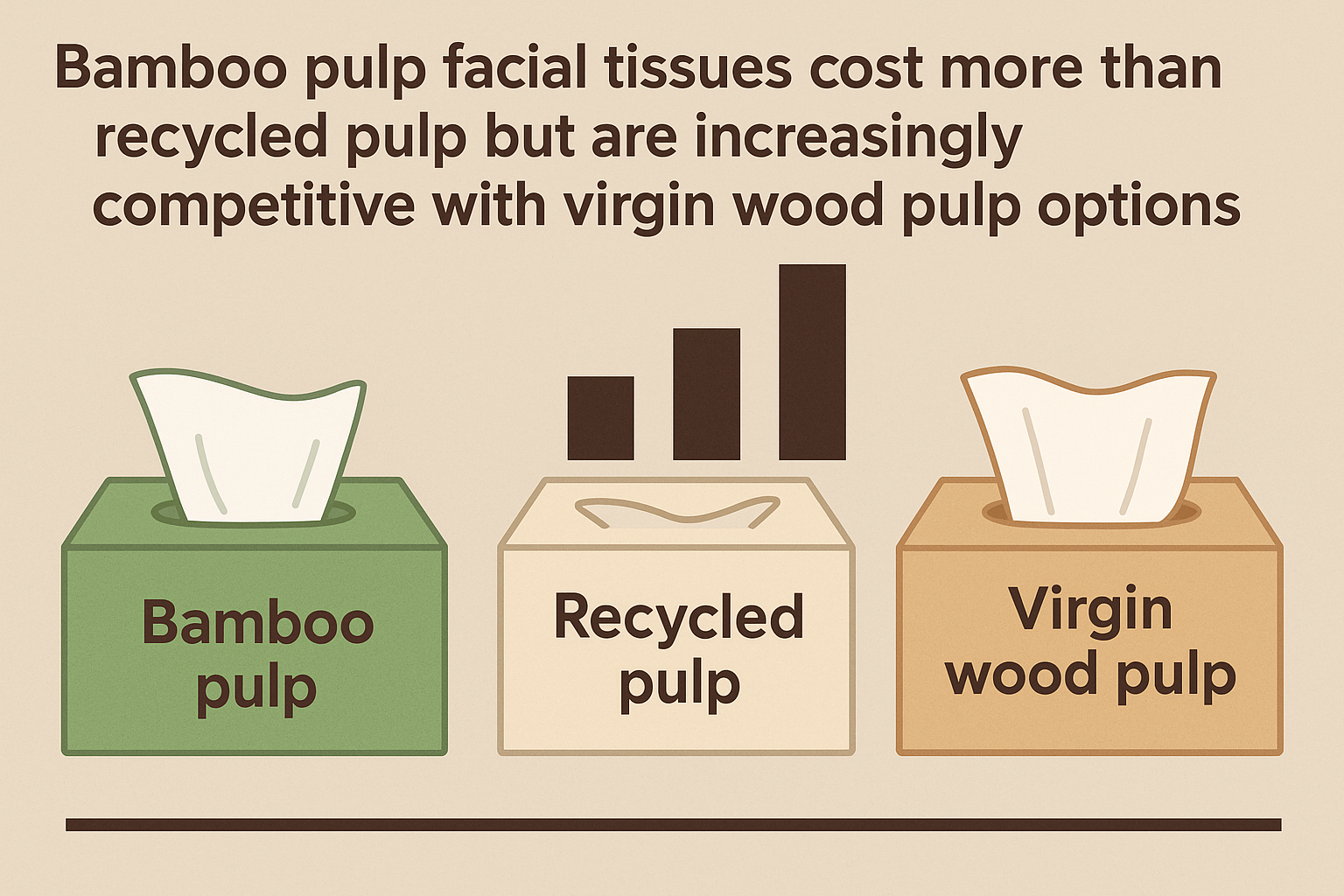
Let's explore more
Recycled pulp remains the cheapest option for tissues. Virgin wood pulp is more expensive, but customers accept the price for softness and quality. Bamboo pulp sits between these two.
In the past, bamboo tissues were considered niche and costly. But as demand has grown, economies of scale have lowered costs. Suppliers in China now offer bulk soft bamboo tissue for hotels and retail at prices close to virgin pulp.
During a trade fair in Guangzhou, I spoke with several buyers from the Gulf who said they were willing to pay slightly more for bamboo tissues if they could market them as eco-friendly. The added margin came from positioning the tissues as premium.
For wholesalers, the cost equation depends on volume and positioning. Bamboo is not the cheapest, but it delivers both eco credentials and marketable softness.
Why Should Wholesalers and Retailers Add Bamboo Tissues to Their Product Lines?
Green products are no longer optional. Customers are actively searching for them.
Wholesalers and retailers should add bamboo tissues to meet rising demand for eco-friendly products, support premium branding, and build customer loyalty.
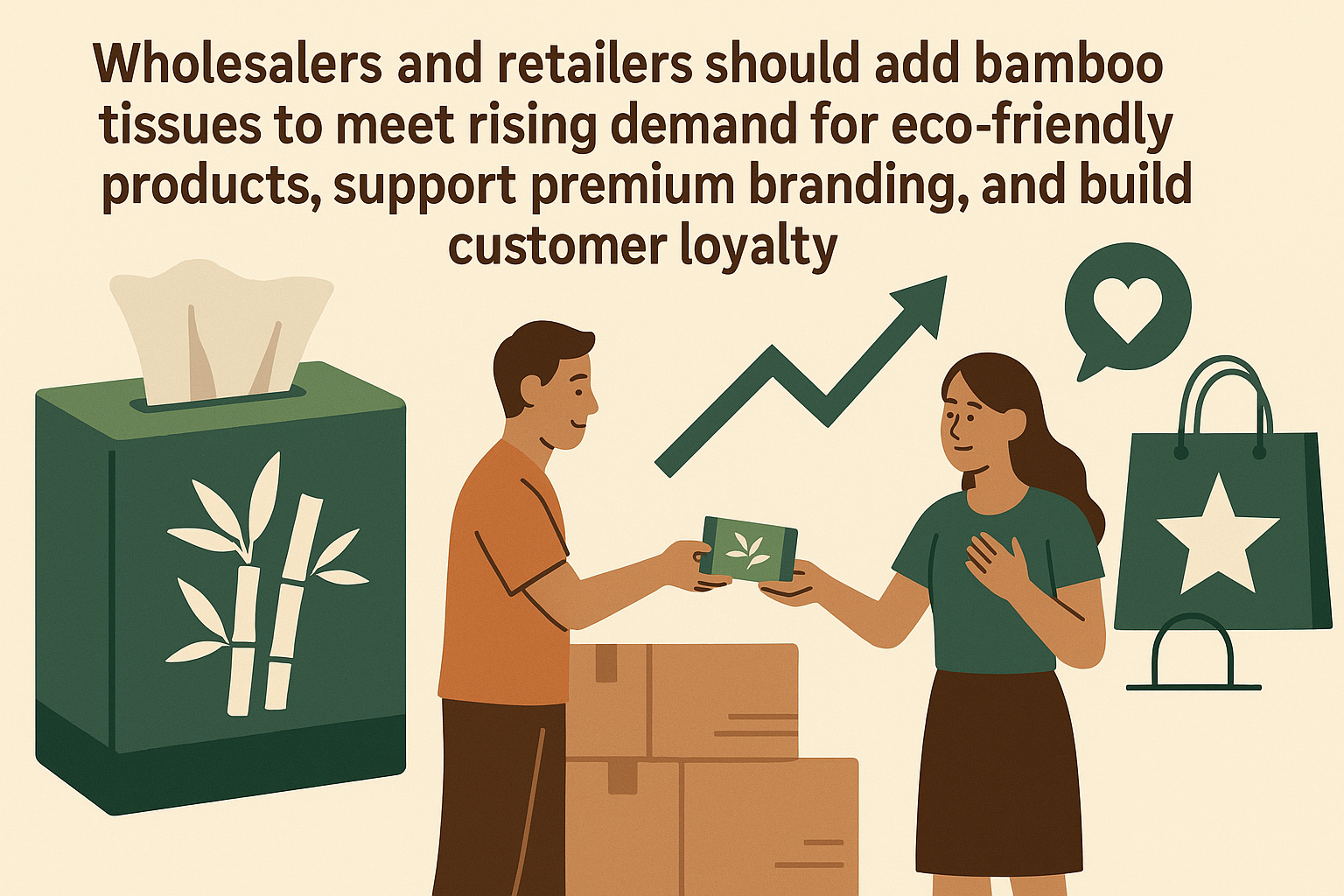
Let's explore more
Eco-conscious shopping is growing fast in the Middle East, Europe, and Asia. Customers expect retailers to offer biodegradable, eco-friendly alternatives. Bamboo tissues fit perfectly into this trend.
Retailers can brand bamboo tissues as premium and eco-friendly. This creates differentiation from generic wood pulp products and appeals to younger, eco-aware buyers. Hotels and restaurants also prefer bamboo tissues for their sustainability programs, linking them to broader green commitments.
I once worked with a distributor in Qatar who introduced bamboo tissues as part of their “eco essentials” line. Within six months, the bamboo line outsold some of their standard tissues, proving that demand is strong when marketed well.
For wholesalers, stocking bamboo tissues is both a market response and a future-proofing strategy. As regulations push for eco products, having bamboo in the portfolio ensures readiness.
Conclusion
Bamboo pulp tissues combine eco benefits, softness, and safety. For buyers seeking premium, sustainable options, bamboo is a smart addition to any product line.
Share this article
About the Author

You might also like

The History of Facial Tissue: From Invention to Everyday Use?

What Is Facial Tissue and How Is It Different From Toilet Paper?

How to Reduce Costs Without Compromising Softness in Facial Tissue Procurement?
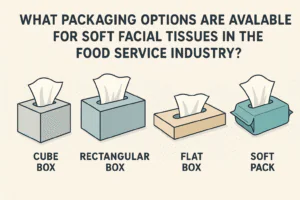
What Packaging Options Are Available for Soft Facial Tissues in the Food Service Industry?

Why Is Softness the Top Priority in Facial Tissue Selection?

How to Choose the Right Soft Facial Tissue for Middle Eastern Markets?

What Are the Key Features of High-Quality Soft Facial Tissues for Retail Chains?

How Can Customized Soft Facial Tissue Packaging Elevate Your Brand?

Why Do Wholesalers Prefer Soft Facial Tissues Made from Virgin Pulp?
